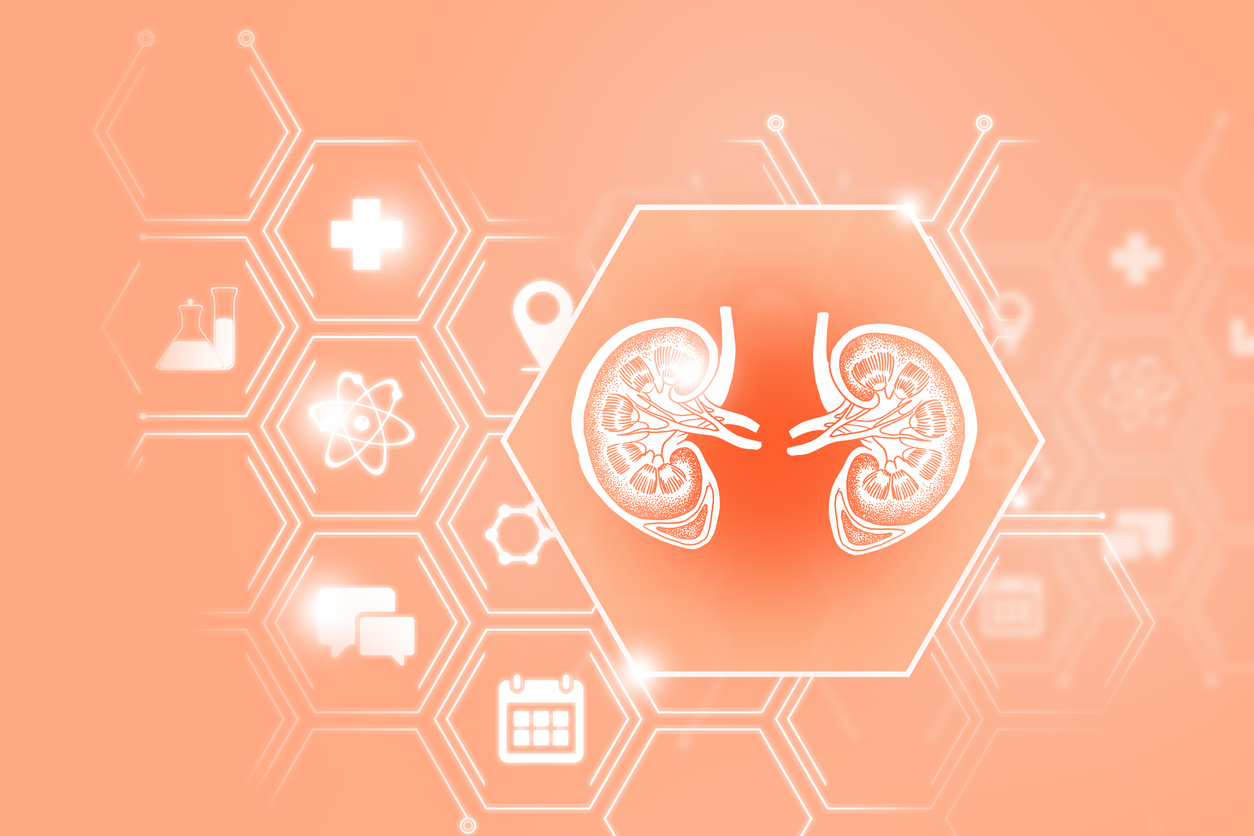2024-04-02
Metabolites of the tricarboxylic acid pathway in the progression of chronic renal failure
Urology-nephrology
In this study, researchers evaluated the association between metabolites of the tricarboxylic acid pathway and the risk of progression to chronic kidney disease in patients with type 2 diabetes. Urinary lactate, pyruvate, citrate, alpha-ketoglutarate, succinate, fumarate and malate were measured by mass spectrometry. Over a median follow-up of 9.2 years, urinary lactate, fumarate and malate were associated with an increased risk of kidney damage, while citrate was associated with a low risk of kidney problems, after adjusting for cardio-renal risk factors.

Last press reviews
Autoimmune seizures: is the storm really over?

By Ana Espino | Published on February 12, 2026 | 3 min read<br><br>
Epilepsy: X-ray therapy for drug-resistant forms

By Elodie Vaz | Published on February 12, 2026 | 3 min read
Epilepsy: targeting the right mechanism to treat better?

By Ana Espino | Published on February 12, 2026 | 3 min read<br><br>